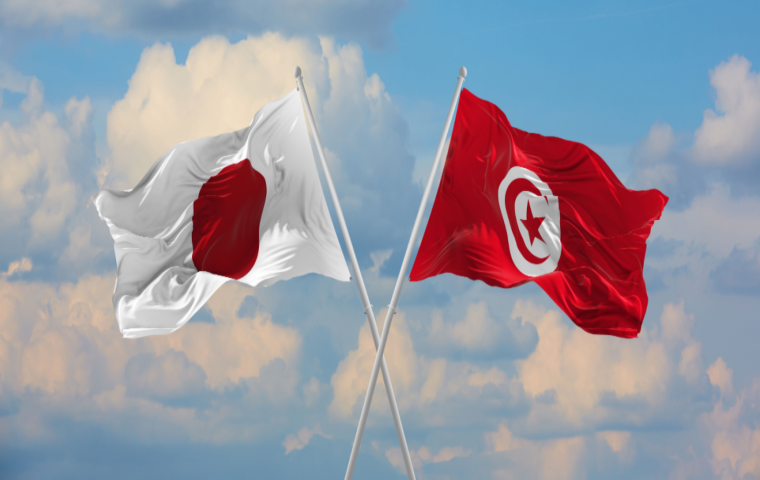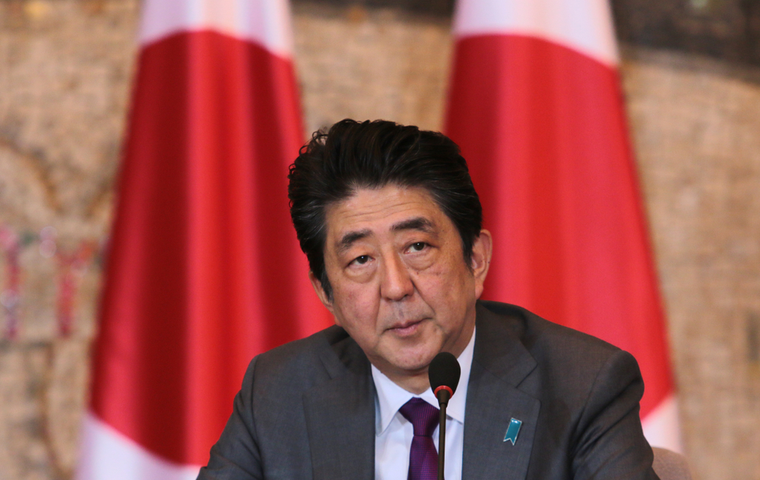Indonesia’s Great Expectations Remain Unfulfilled
Related Articles

On May 22, following the closing of the G7 Hiroshima Summit, Indonesia’s major media carried various headlines. The Kompas ran an editorial titled “G7 Lost Significance in the World,” while the Tempo magazine reported that Indonesian President Joko “Jokowi” Widodo called on G7 leaders to carry out a revolution to stop the (Russia-Ukraine) war.
Indonesia was invited to the G7 Summit as the 2023 chair of the Association of South East Asian Nations (ASEAN). Although the media showed divided response, it could be summed up that the public had little interest in the summit. This reflects the G7’s failure to answer the fundamental question of what it can do for Indonesia and the world.
As he was about to attend the Japan-Indonesia summit meeting held in Hiroshima on May 20, Prime Minister Kishida braced himself, saying, “So, they’re all cabinet members. Very keen.” Besides the president, Indonesia’s other attendees were all ministers. Three of them had economy-related posts, revealing Jokowi’s aim to use the opportunity for a sales promotion by the head of state.
In the meeting, Kishida said that, as the world faces a complex crisis, it is important for wide-ranged partners to cooperate on various issues. Meanwhile, Jokowi’s side was all business, such as requesting to lift the import ban on Indonesian mangos. What Indonesia wants to gain from Japan and other G7 nations are actual benefits. Without this awareness, the talks will not find common ground.
Seeking the Fruits of Economic Growth

At the G7 forum, Jokowi stressed, “It is no longer the era where southern countries are limited to being mere exporters of raw materials, as the world has moved beyond the colonial period.” He explained his policy of attracting foreign investment by banning strategic resource exports, such as nickel ore, a key material for electric vehicle (EV) batteries. Investments for establishing the EV industry is another real benefit Jakarta expects from the G7.
Indonesia and other emerging and developing countries, collectively called the Global South, place economic growth as the top priority for their policies. They also view the Russian invasion of Ukraine and response to the rapidly rising China, key agendas at the summit, from this perspective. Though the Global South will place emphasis on values such as democracy and the rule of law, enriching the country is a more pressing value.
The G7 plays a huge role as a club of advanced countries. Yet, it has failed to meet Indonesia’s expectations. At the G7 forum, Jokowi claimed the developing countries are doubting the advanced nations’ promise. This is because the advanced nations are falling short of the annual $100 billion finance by 2020, which they promised at the 15th session of the 2009 United Nations Climate Change Conference (COP15).
There is a global tug of war between the democratic camp, including the G7, and the authoritarian camp, including China and Russia, to attract the Global South, which forms a majority. As long as they bring growth to their country, the Global South does not care about the partner’s political system. Just days after returning from Hiroshima, Jokowi welcomed Iranian President Ebrahim Raisi as a state guest. At the summit meeting, they signed multiple documents on trade facilitation and other bilateral cooperation. Iran is a prominent authoritarian regime, and the G7 Leaders’ Communiqué called on Iran to stop supplying attack drones to Moscow.
To bolster the commitment to the Global South, it is vital to present attractive proposals with real benefits. In that sense, Beijing surpasses the G7 by speed and action. Coordinating Minister for Maritime Affairs and Investment Luhut Pandjaitan, who accompanied Jokowi to the Hiroshima Summit, flew to China and prompted investment in Indonesia. In fact, China is ahead in EV-related investments.
In 2023, China’s Xi Jinping leadership will hold the Belt & Road Forum for International Cooperation for the first time in four years since the COVID pandemic. Many from the Global South are expected to attend. Unless the G7 acts promptly on the voices of the Global South from the Hiroshima Summit, their minds will drift further away.
This is a translation of the Japanese article published in vol. 79 (May/Jun. 2023) of the Gaiko (Diplomacy) magazine.
Koya Jibiki is a staff writer at the Political News Group of Nikkei Inc. He joined Nikkei in 2003 and worked in the Nagoya Editorial Department. From 2005, he covered the Prime Minister’s Office, the Liberal Democratic Party, the Komeito, the Ministry of Foreign Affairs, and the Ministry of Economy, Trade, and Industry in the Political and Economy Departments. As the former Jakarta Bureau Chief, he had followed political and economic developments in Asia, with a focus on Indonesia.




